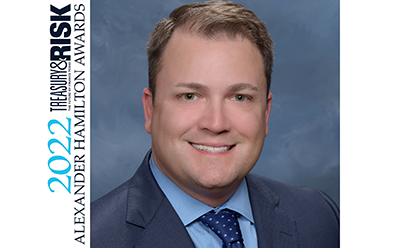The Securities and Exchange Commission voted Wednesday to approve a rule requiring companies to disclose any conflict minerals they use to manufacture products, a measure that critics says will impose significant costs on companies.
The controversial regulation, which was mandated by Dodd-Frank, says companies must disclose their usage of tantalum, tin, tungsten and gold from the Democratic Republic of the Congo and surrounding African countries. The final version provides some leeway on recycled and scrap material, and gives companies until May 31, 2014, to file their first disclosure.
However, many have criticized the SEC for not fully assessing the cost of the measure.
A recent study by the Graduate School of Management at the University of California at Davis says the rule will cost companies much more than regulators contend, reflecting the expense of complying and making annual disclosures. This may put U.S. companies at a disadvantage to foreign competitors that do not have to comply, according to the study's lead author, Paul Griffin.
The SEC initially estimated the conflict minerals regulation would cost companies $71.2 million, but Reuters recently quoted an SEC official's estimate that it will cost $3 billion to $4 billion. The National Association of Manufacturers has put the cost far higher, at $9 billion to $16 billion.
Griffin's research looked at the effect of conflict mineral disclosure on 206 companies—103 that voluntarily disclosed information on conflict minerals and 103 similar companies that did not disclose. The study concludes that the cost of the regulation overall to those companies was about $6.5 billion, but says that figure may represent the lower end of the spectrum since the SEC estimates around 1,200 companies will be affected by the provision.
Postponing the rule's start date will be helpful, Griffin says. “To the extent there is delay, I think that could be cost beneficial to companies exposed to the rule to undertake audits and analyses to figure out what's going on in the supply chain,” he notes. He says that while the many predicted the regulation would be upheld due to the political makeup of the commission, the market may be surprised by future legislation.
“The surprises down the road will be what will take place in Congress as far as future legislation on supply chain and human rights issues, and the various states that get involved,” Griffin says, noting that California and Maryland already have legislation requiring companies to disclose their use of conflict minerals, and even some cities have become “conflict-free.”
Some companies, such as Intel and Hewlett-Packard, have resolved to avoid the use of such minerals, but Griffin expects many to be “late to the party on this one.”
“The other aspect to consider is large pension funds will resolve to invest in companies that are only conflict-free,” Griffin says. “It's already happening.”
For more on Dodd-Frank rules, see Shareholders Stymied For Now.
© 2025 ALM Global, LLC, All Rights Reserved. Request academic re-use from www.copyright.com. All other uses, submit a request to [email protected]. For more information visit Asset & Logo Licensing.




